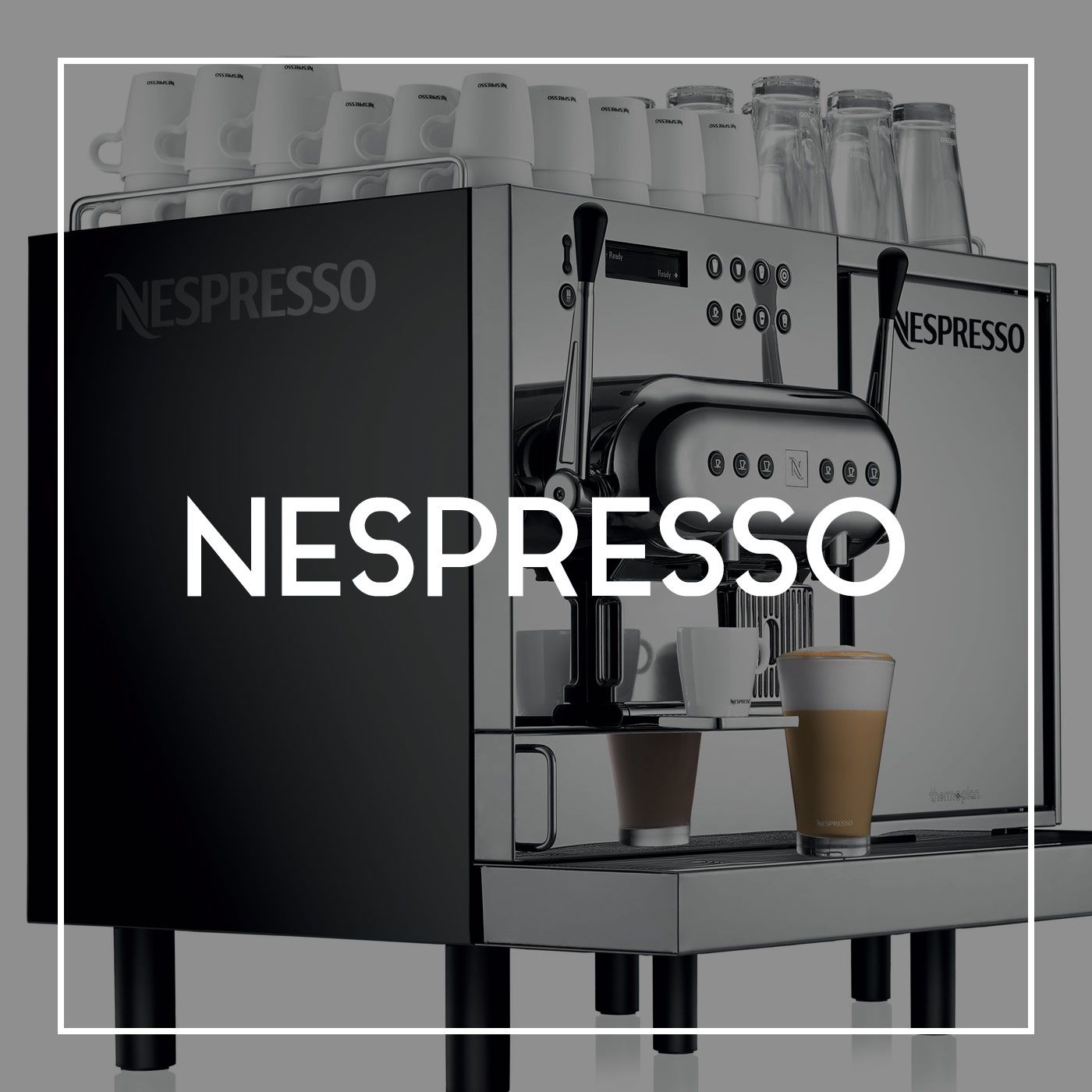- Business
- Management
- SEE MORE
- classical
- general
- talk
- News
- Family
- Bürgerfunk
- pop
- Islam
- soul
- jazz
- Comedy
- humor
- wissenschaft
- opera
- baroque
- gesellschaft
- theater
- Local
- alternative
- electro
- rock
- rap
- lifestyle
- Music
- como
- RNE
- ballads
- greek
- Buddhism
- deportes
- christian
- Technology
- piano
- djs
- Dance
- dutch
- flamenco
- social
- hope
- christian rock
- academia
- afrique
- Business
- musique
- ελληνική-μουσική
- religion
- World radio
- Zarzuela
- travel
- World
- NFL
- media
- Art
- public
- Sports
- Gospel
- st.
- baptist
- Leisure
- Kids & Family
- musical
- club
- Culture
- Health & Fitness
- True Crime
- Fiction
- children
- Society & Culture
- TV & Film
- gold
- kunst
- música
- gay
- Natural
- a
- francais
- bach
- economics
- kultur
- evangelical
- tech
- Opinion
- Government
- gaming
- College
- technik
- History
- Jesus
- Health
- movies
- radio
- services
- Church
- podcast
- Education
- international
- Transportation
- Other
- kids
- podcasts
- philadelphia
- Noticias
- love
- sport
- Salud
- film
- and
- 4chan
- Disco
- Stories
- fashion
- Arts
- interviews
- hardstyle
- entertainment
- humour
- medieval
- literature
- alma
- Cultura
- video
- TV
- Science
- en
59 Nespresso Taking the Lead in Coffee Sustainability Best Practices

This podcast brought to you by Bench.co. Get 20% Off Small Business Accounting For Your Restaurant For Six Months! http://refer.bench.co/wZcnt
Consumers today want more from their coffee: they want a meaningful experience. Specialty foods are up by 310 percent in terms of menu inclusion. For restaurants and hospitality operators, coffee offers a unique way for operators to differentiate themselves in a crowded market and make a better connection with clients.
On this episode of The Barron Report, host Paul Barron sits down with Kika Buhrmann, the vice president of B2B USA at Nespresso, a specialty coffee provider. The company’s state-of-the-art machines use coffee capsules to brew a number of coffee and espresso flavors.
“On average, customers today consume four different types of coffee each week,” says Buhrmann. “Millennials are more open to differentiation in coffee. The artistry behind coffee is becoming more and more appreciated and recognized.”
Nespresso encourages businesses and customers alike to recognize the surprising similarities in the production process that exist between wine and coffee. The company is passionate about promoting awareness of the intensive process behind coffee production, and encourages its customers to see the importance of cup selection, maintaining sustainable practices, and using renewable materials throughout the production process — right up to the point of drinking the coffee itself.
“The sustainability program sits at the core of our company,” Buhrmann explains. “Aluminum is the most sustainable material out there today, so all Nespresso capsules are made of aluminum to preserve the quality and freshness of the coffee. For any decision that we make, we look at the impact on our value chain: instead of focusing on what is the easiest thing to do, we like to focus on what is the right thing to do.”
First established in 1986, Nespresso currently works with over 100,000 coffee farmers in 13 countries. The company is highly invested in the future of both the farmers’ families and the larger communities surrounding those farmers — Nespresso wants to ensure that coffee farming remains sustainable on both the local and global level.